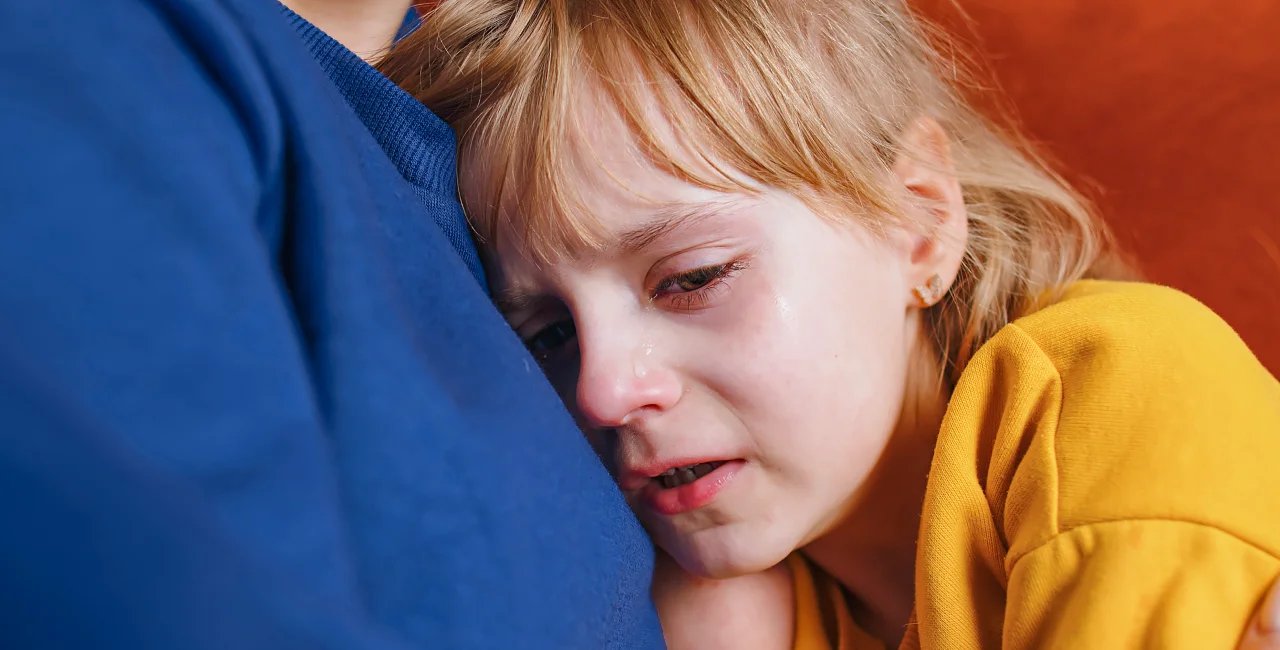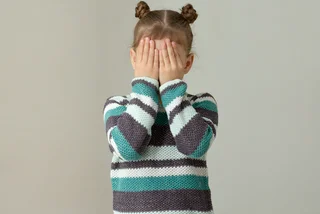Some 22 percent of children in the Czech Republic are victims or witnesses of domestic violence, yet there is neither a guaranteed procedure nor a sensitive way of helping these children, and there is a lack of legislative support, according to Petra Wünschová, director of the Locika Centre.
Wünschová spoke Wednesday at the opening of the conference Help for Child Victims under One Roof at the Chamber of Deputies. "A large number of children who ask for help end up in institutional care, for example, or these children do not get help at all and end up in psychiatric hospitals or educational institutions," she said.
She pointed to a high tolerance of violence in close relationships in the Czech Republic and a very low number of detected cases. "It's no wonder children ask for help so little," she added.
Corporal punishment in Czechia
- The Czech Ministry of Justice wants to amend the Civil Code to explicitly ban corporal punishment of children. The amendment would state that physical, psychological, and humiliating forms of punishment are unacceptable.
- The amendment, however, does not penalize parents for violating the ban, as long as the child is not harmed or injured. Lawmakers say the amendment is intended to encourage alternative disciplinary methods, not prosecute parents.
- Over a third of Czech parents report using physical punishment, even though further research shows that corporal punishment has no educational benefit and can harm children's development.
- The Czech Republic is one of the last European countries without a ban on corporal punishment.
Locika opened the first help center for children who have been victims of domestic violence in Prague over a year ago. The facility offers space for interviewing, examination, or therapy. Various professionals, mainly social workers, doctors, police officers, psychologists, prosecutors, or therapists who deal with the case of child victims work together to help.
The importance of interdisciplinary cooperation was emphasized not only by Wünschová but also by Vice-Chair of the UN Committee on the Rights of the Child Bragi Gudbrandsson. An abused child is a very vulnerable victim and needs interdisciplinary intervention, he said.
Gudbrandsson added that if a child is not interviewed professionally and sensitively, this can affect the quality of their testimony, which is often the only evidence against the perpetrator.
According to Locika representatives, the Ministry of Labour and Social Affairs is currently working on an amendment to the law on social protection of children, which would create a specialized type of mandate under which services for child victims of violence could be founded. However, the proposal does not address interdisciplinary cooperation.
Government Human Rights Commissioner Klára Šimáčková Laurenčíková noted that the Czech Republic had already committed to the Convention on the Rights of the Child in 1991. However, she said there is a need to improve guarantees of safety for child victims as well as prevention.
The United Nations Committee on the Rights of the Child defines corporal punishment as any physical punishment intended to cause pain or discomfort, regardless of intensity. It includes acts like spanking as well as kicking, slapping, punching, shaking, pulling hair and ears, beating, burning, or forcing a child into an uncomfortable position.
Corporal punishment is legally prohibited in 65 countries. An additional 27 have pledged to outlaw it in all settings like schools, homes, institutions, and daycare facilities. The Czech Republic committed to these protections in 2007 but has yet to enact them into law.












 Reading time: 3 minutes
Reading time: 3 minutes 


























